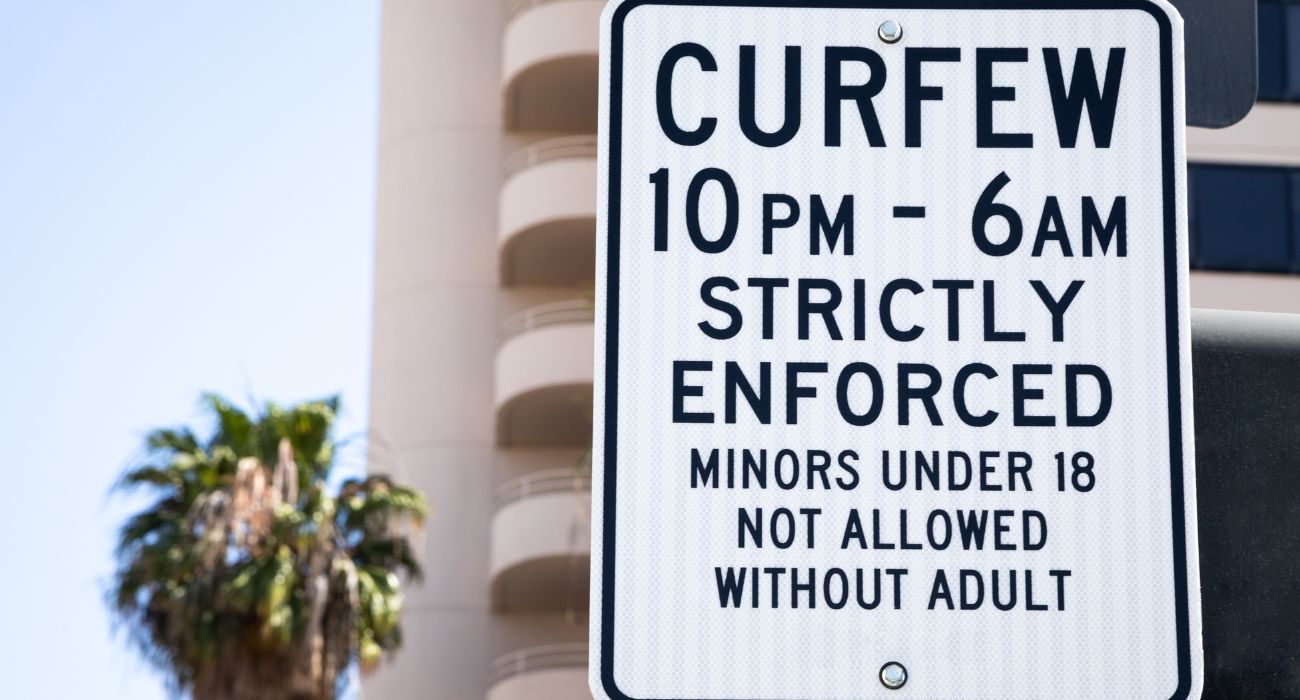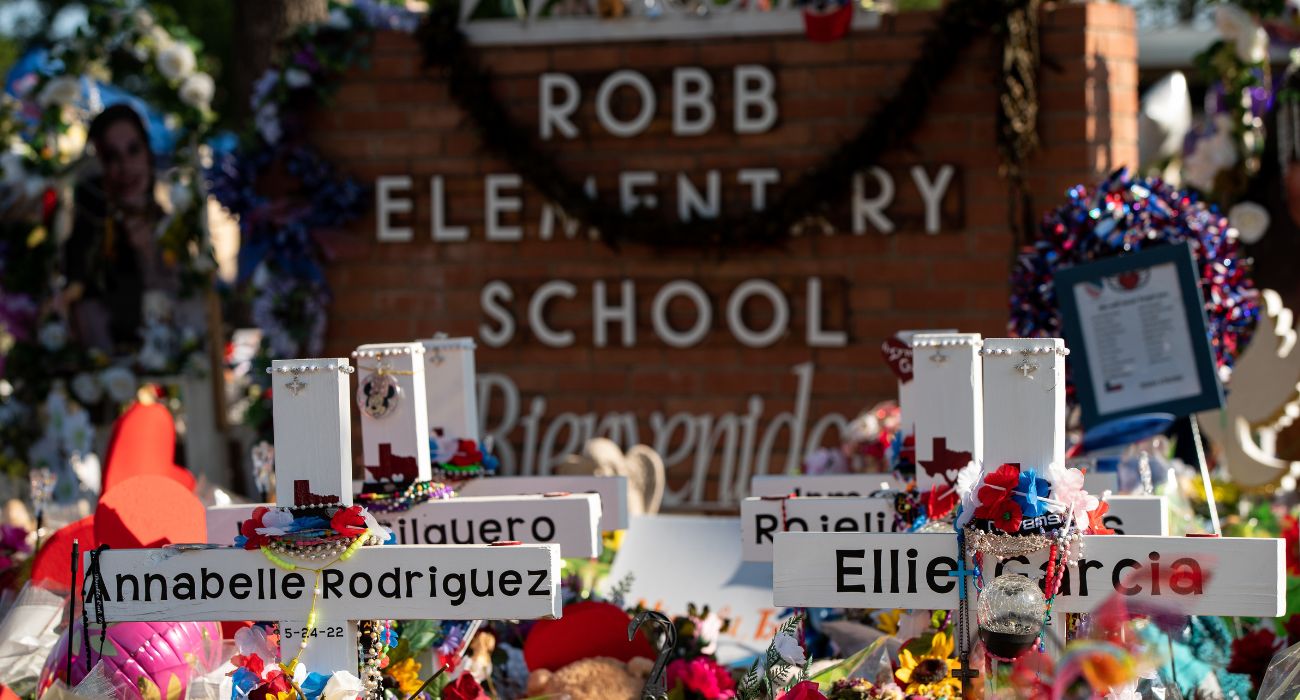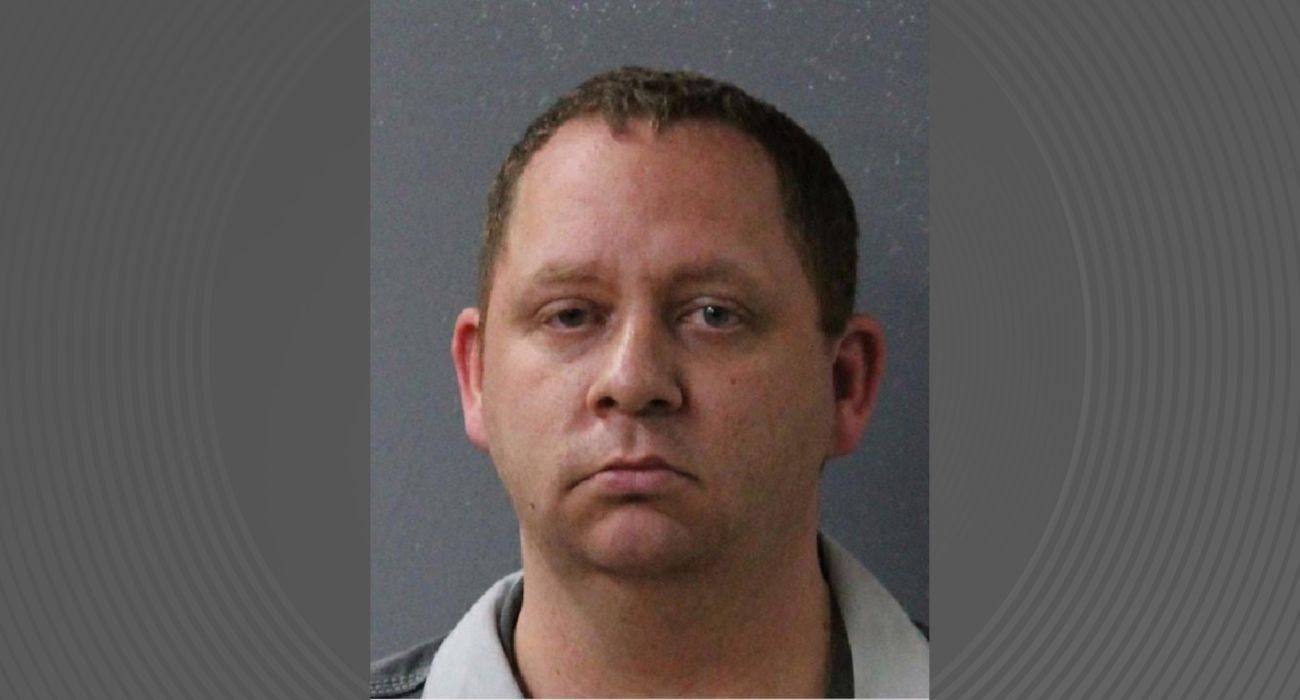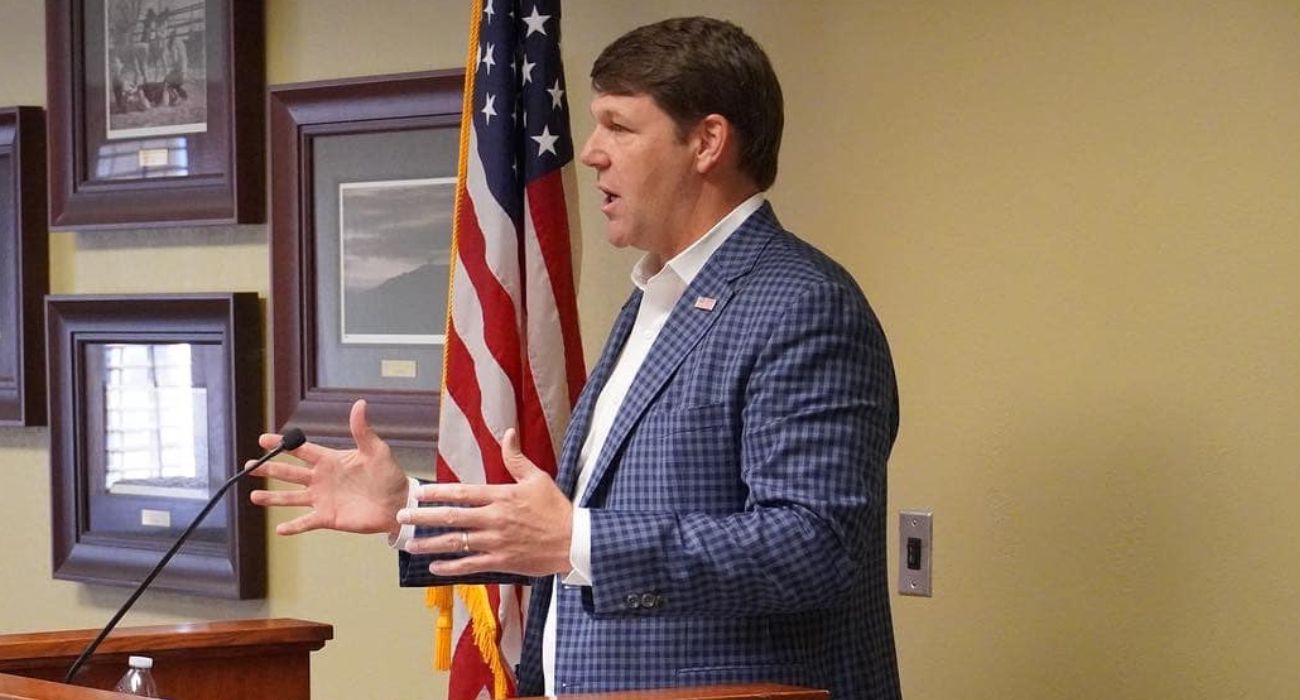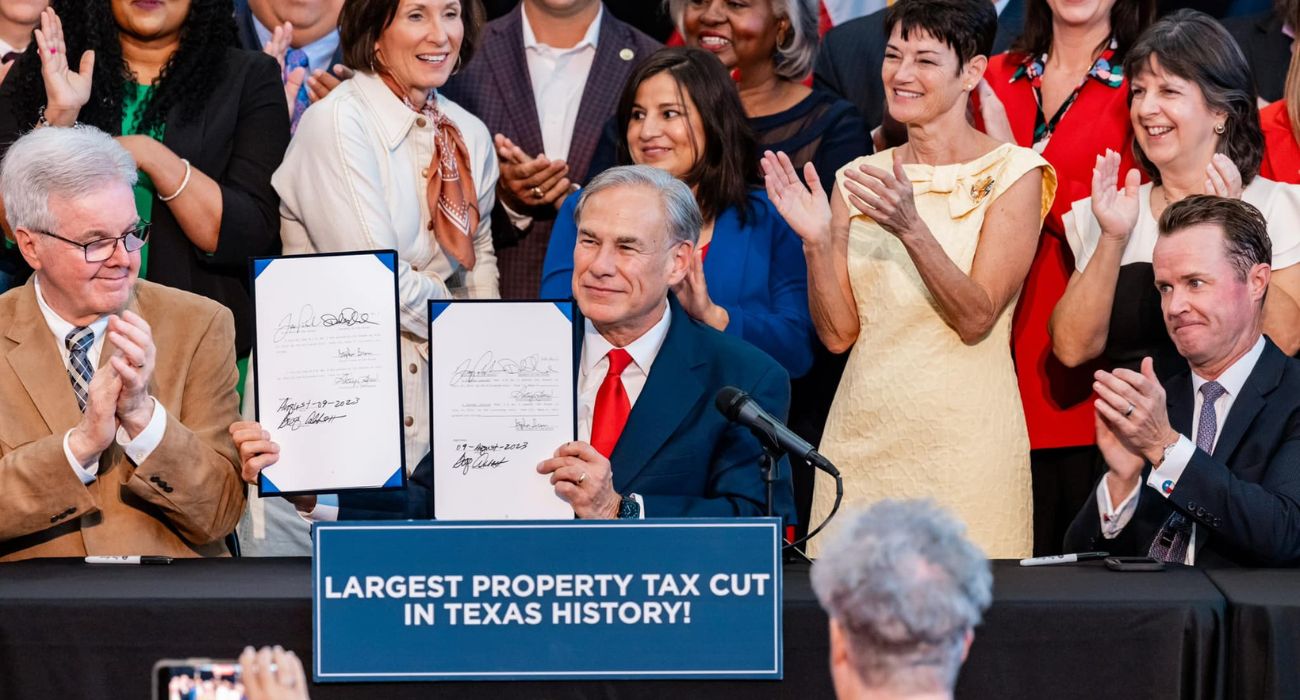Gov. Greg Abbott signed a bill earlier this month to end local authorities’ ability to enforce juvenile curfew laws.
HB 1819 comes into effect on September 1, meaning police will no longer be able to arrest minors for simply being out in public at times of the day proscribed by city and county authorities.
First implemented in Texas in the 1890s as a means to curb juvenile delinquency, curfew laws generally criminalized — for anyone under the age of 17 — the act of being out in public without a parent or guardian from 11 p.m. to 6 a.m. Sunday through Thursday and 12:01 a.m. to 6 a.m. on Fridays and Saturdays.
Violating the curfew is currently a Class C misdemeanor and can result in a fine of up to $500 for both the minor and the parent or guardian.
Police in Texas made approximately 11,680 arrests for curfew violations between 2019 and 2020, according to the Texas Scorecard. However, the efficacy of juvenile curfew laws has been the subject of controversy.
Lubbock Mayor Tray Payne, for instance, has pointed to curfew laws as a “deterrent to crime,” according to KXAN, and Kaufman County Judge Hal Richards described them as a way to raise awareness about public safety at night, WFAA reported. However, others disagree.
The nonprofit Texas Appleseed argued that juvenile crime rates have been declining steadily over the past decade in both areas with and without curfew laws alike, suggesting that there is no correlation whatsoever.
Moreover, The Marshall Project argued that studies suggest juvenile curfew laws actually create more crime by damaging the relationship between police and youths.
For Tim Lambert, president of the Texas Home School Coalition, such laws can undermine parental rights.
“The point we would make: the parents should make the decision on when kids can be out,” said Lambert, noting that home school students have been unjustly targeted, reported KXAN.
“If you have probable cause to stop them, do an investigation,” Lambert added. “Being under 18 is not probable cause [of a crime].”
As authored by Texas House Rep. David Cook (R-Mansfield), HB 1819 only allows local authorities to impose a curfew on minors in the event of an emergency.
Some cities like Fort Worth, Austin, Houston, and Waco have already either repealed or allowed their curfew laws to expire before the passing of HB 1819. Still, others like Dallas, Allen, San Antonio, and Lubbock continue to maintain active ordinances.

